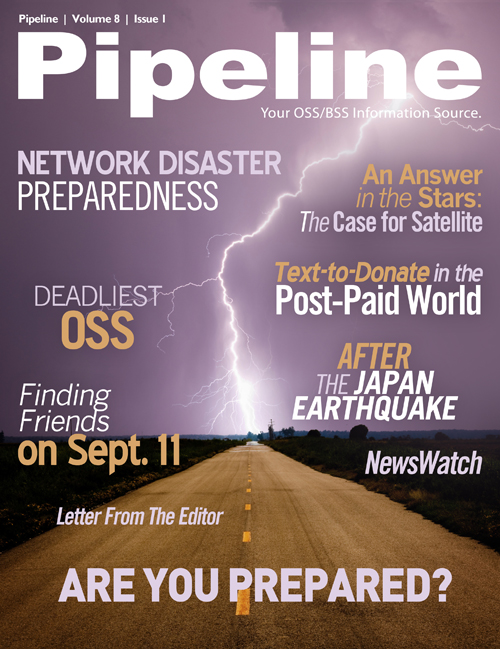Cloud Music Services Making Noise
Last month we reported that Amazon beat competitors to market with the first large-scale cloud music service, Cloud Player. We also predicted rivals Google and Apple would rapidly follow suit. As if on cue, news of cloud music offerings from Google and Apple rolled in about two weeks after publication last month. And now HP has finally leveraged its $30millon purchase of Melodeo into its own cloud music service offering, HP Play for webOS.
Google’s service, Music Beta, lives up to its name and seems nothing more than a blocking play meant to grab early adopters from Amazon’s camp. The service is certainly nowhere near the level of development and deployment of Amazon Cloud Player, although it sports nifty one-touch integration. Surprisingly though, there is no iOS app—users instead must run a flash-based web version. Matthew Lynley of MobileBeat summarized the offering in an early review : “Music Beta in its current form is far from what we’d expect from a Google product— it’s a web of confusing programs without a lot of instruction as to how to actually get to the music you want to hear.”
It is rumored that the cloud music offering from reigning media giant Apple will be launched at the worldwide developers conference in June, and will be called iCloud. The service might have three big advantages over its competitors. First, it might not require a user to upload a music collection. Instead it reportedly will scan files and mirror them on the Apple cloud server. Second, according to the Huffington Post, “Apple has reportedly signed licensing agreements with EMI Music, Warner Music, and Sony Music and is thought to be close to completing a deal with Universal Music, the last of the four major record labels.” And a patent application uncovered by
Apple Insider reveals that the iCloud service might use a song segmentation storage strategy that would dramatically reduce lag times and streaming delays.
It looks like HP is also getting into the game with HP Play for webOS. The company bought cloud streaming music enabler Meledeo for $30million about a year ago, launched HP Play as a Facebook page, launched the Beats Audio brand, and seems poised to go head-to-head with Apple, Google, and Amazon in the cloud music market.
Security Issues for Android, Sony
These days, the ammunition to bolster fears over the security of online sensitive data is never more than a news story away. Last month the Sony Playstation network experienced a massive breach, and several Android security stories surfaced, proving once again that network vulnerability is very real.
For Google, the trouble arose when German researchers published a paper that proved packet sniffers could detect authorization tokens for Google Apps over WIFI networks on Android OS prior to Honeycomb and Gingerbread. While these issues were addressed in these latest two Android releases, the majority of Android devices on the market are running earlier versions and are at risk. Then vulnerability at the ClientLogin level, which left Androids open to impersonation attacks, was revealed. Luckily this had a server-side fix, and Google moved quickly to address the issue. Now the latest news centers around Mobile Wallet, which launched last week. It appears that Google’s open app standards—which have resulted in many malware apps on the Android Market—are not enough to ensure that “authorized” apps aren’t sending sensitive data to crooks to fuel their online shopping sprees.
Sony’s massive Playstation network breach, which exposed 77 million users, made headlines in late April. At about the same time, hackers cracked Sony Online Entertainment, exposing the data of more than 24 million user accounts. Further stories revealed that Sony servers were hosting a phishing website unwittingly. News then surfaced that intrusions were still occurring, first from a Sony Ericsson website in Canada, then a Sony Music website in Greece. According to the BBC, there was also a break-in in Indonesia. With all the scrutiny on Sony following the Playstation outage/intrusion, it’s astounding that their security continues to be compromised. It begs the question that if a Goliath like Sony can’t protect its users’ data, how safe is anything online?








